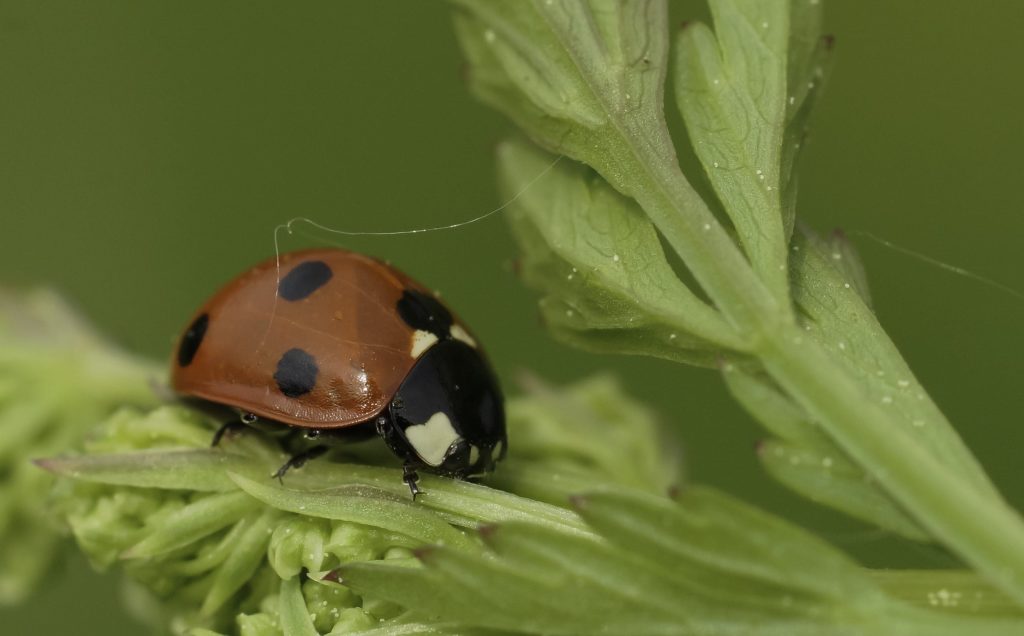Party for the Animals: Dutch trade policy should not obstruct circular agriculture
The Dutch government should in future check to see if the Ministry of Affairs’ trade policy does not clash with the object of creating circular agriculture. A majority of the Dutch Lower House supports the Party for the Animals’ call to the government. “Anyone who wants to create circular agriculture should also change its trade policy and stop carrying food and animals all over the world”, according to the Party for the Animals.

The worldwide carrying of cattle feed, animal products, manure, and living animals is not disastrous for animals, the climate and farmers only. It is also completely contrary to the recently published agricultural vision of the Dutch Minister of Agriculture. This agricultural vision is focussed on circular agriculture. Circular agriculture means that agriculture is organised at regional level. That means that cattle feed will be grown regionally, that agricultural products will be sold on the regional market, that consumers know where their food comes from, that farmers get a fair remuneration and that the manure of animals is used for fertilisation of agricultural lands where cattle feed is grown for local farmers. This method creates a closed and transparent circular agriculture.
The policy of the Dutch Minister of Agriculture is in direct conflict with this circular vision. All over the world, Dutch public servants are working on enabling Dutch bulk products to be exported to foreign countries. Dutch companies are actively involved in the construction of a transport route for soy across the Amazon forest. The soy is not intended for human consumption, but ends up in the stomachs of Dutch farmed animals.
The livestock industry in countries such as Ukraine, Russia, Turkey and China is built with the help of Dutch state aid. Subsequently, the companies in those countries compete with Dutch farmers. Trade treaties which facilitate all this can count on the Minister of Foreign Trade's approval without any problem. Esther Ouwehand, MP for the Party for the Animals: “This expansive trade policy is everything that circular agriculture is not.”